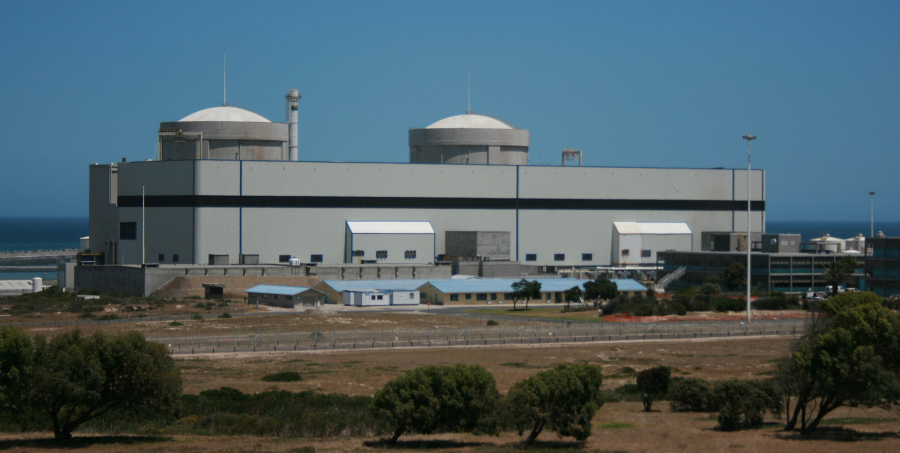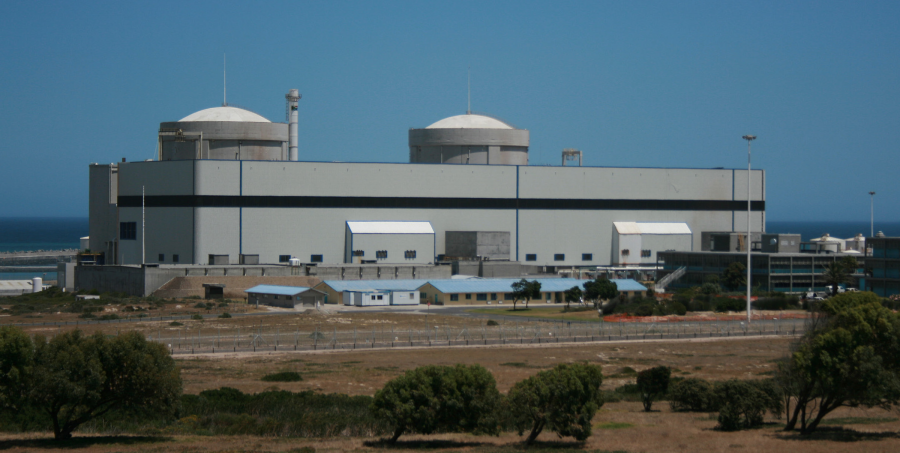
South Africa’s Cabinet Approves Controversial Nuclear Deal
The South African cabinet has agreed to go ahead with a controversial 9,600 MW nuclear procurement programme, according to a Government Gazette notice released by the Department of Energy on 21 December. The Gazette notice released by Energy Minister Tina Joemat-Peterson, in consultation with the National Energy Regulator of South Africa, said her department would […]

The South African cabinet has agreed to go ahead with a controversial 9,600 MW nuclear procurement programme, according to a Government Gazette notice released by the Department of Energy on 21 December.

The Gazette notice released by Energy Minister Tina Joemat-Peterson, in consultation with the National Energy Regulator of South Africa, said her department would be the procurement agency, news reports said on Thursday. This was initially going to be Eskom’s responsibility, but was moved to the department earlier this year.
The reactions to the announcement in the Gazette came quickly, especially from many who have been against the deal, and who said the ANC government had misled the public. Some of them said that former finance minister Nhlanhla Nene was removed from his post partly because of his resistance to the nuclear deal.
“What a diabolical Christmas present to South Africa!” said political analyst Max du Preez. “We citizens of SA will have to campaign harder than we have ever done to stop this. By the time we’ve spent the trillion rand and the nuclear power stations are built, renewable energy will have been so far advanced that nuclear energy would make no sense any longer. Your grandchildren will pay for this disaster. #NuclearDealMustFall”
At the same time Deputy President Cyril Ramaphosa has released his message for 2015 that said nothing of a nuclear deal but instead referred to the threat of climate change, and that South Africa had participated as a main player in the COP 21 Climate Change Conference in Paris, France.
“We have begun to feel the effects of climate change, which is impacting on water security, food security and economic development.
“We welcome every resolution taken by the international community to limit the effects of climate change on humanity as a whole and developing countries in particular.”